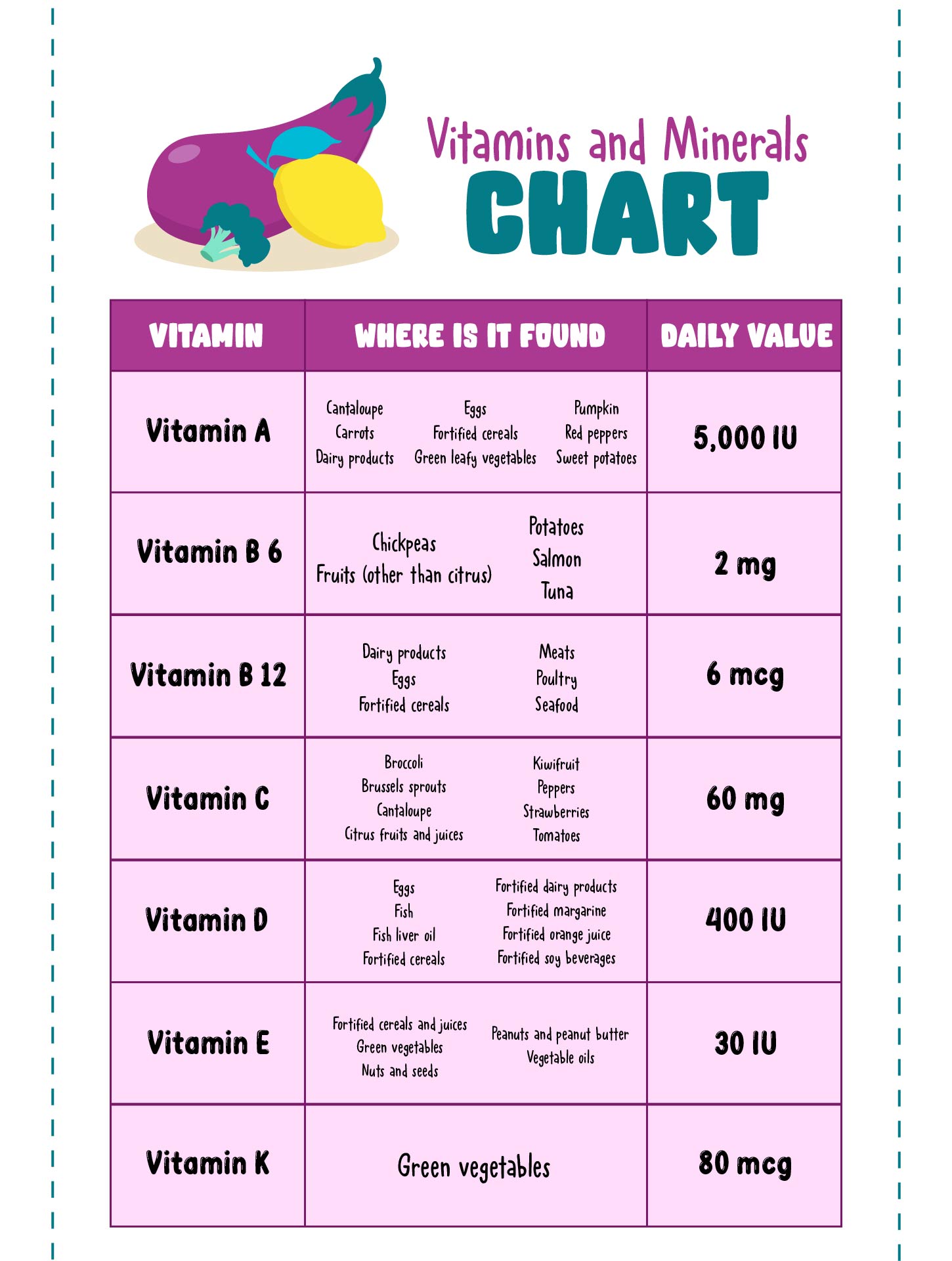
I’m Chris from CJH Fitness and I am going to explain how to fuel your new/existing fitness lifestyle.
To get the most from your fitness journey you need to get the most from your diet. What you eat can boost your Cardiovascular (CV) performance, increase your lean muscle mass, speed up your metabolism and help you burn fat. The trouble is many of us think we are too busy to calorie count or select and prepare the best foods to optimally fuel our fitness and weight loss goals. We are also overloaded with information from the “diet industry” which tells us that this food is “bad” for us, this food is “good” for us, and that we should supplement our diets with various vitamins and minerals. All this conspires to make a simple process of eating seem complex.
Hi, I’m Chris from CJH Fitness and I am going to explain how to fuel your new/existing lifestyle. This doesn’t have to be complex or hard to work out, so let’s get straight into it.
Today I am going to talk about protein and how much we need on a daily basis, give you some fat burning dietary tips, fluid facts, and a quick overview of vitamins and minerals. This is just so you know about each section, I will be putting together a more in-depth post for each of them.
Protein

Protein should constitute 10-15% of your daily food consumption. Can go up to 40-50% depending on your training/goals. With protein it’s less a case of fueling your fitness lifestyle and more a case of building it. About 25% of your body is composed of protein.
Protein is needed for repair and developing muscle tissue that has broken-down through training – in short, it’s a building block. When protein is digested it is converted into amino acids. Some of these are known as “essential” because they cannot be synthesised in the body. Non-essential amino acids however can be made in the body, provided enough of the essential amino acids are present.
How Much Protein Do We Need?
If you mainly CV train (Cardiovascular), you should aim for at least 1.2g – 1.4g protein/kg of body weight per day.
If you weight train you should aim for 1.4g – 1.8g protein/kg of body weight per day. This could go as high as 2.2g protein/kg for athletes etc.
Protein can supply some energy but this process only becomes important during long prolonged and intense periods of exercise when your glycogen stores have been used up.
Fat Burning Dietary Tips
- You could skip a pre-workout high GI (Glycaemic Index) Carbohydrate boost, as going without “can” encourage your body to use fat as it’s main fuel source. This main depends on the person and if they like doing fasted cardio or not.
- Throughout the day go for low-GI foods as these will reduce your desire to snack, which will make you less prone to falling for high-calorie fatty temptations.
- DO NOT YO-YO DIET, starving your body by going on a crash diet can lead to weight loss in the short term and weight gain in the long term. Your body is designed to cling on to calories in the times of shortage, so it will attempt to eke out as much energy as it can from each gram it consumes. As when on a severely restricted calorie controlled diet, if it knows the next one will be a long time coming. Yo-yo diets can slow your metabolic rate and inhibit fat burning efforts.
Fluid Facts
Dehydration can significantly affect workout performance. To prevent this, you shouldn’t wait until you feel thirsty before drinking. It will be too late by then. You should drink plenty water and use sports drinks, especially before and during training, straight after as well to re-boost your energy levels and kick start post-exercise glycogen refueling. It’s best to avoid tea and coffee as these are diuretics and can actually increase your levels of thirst.
Drink water and boost your energy levels:
Drinking two litres of water a day will prevent dehydration and keep your energy levels up. When you workout, you should increase your fluid intake by an additional 0.5-1 litre for every hour of exercise.
TOP TIP: If you are hydrated your urine will be clear and odorless.
Vitamins & Minerals
Minerals:
A total of 22 mainly metallic minerals make up 4% of your body mass; their main function is to balance and regulate your internal chemistry. For example, they play a crucial role in maintenance of muscle contractions, regulation of heartbeat, and nerve conduction.
Vitamins:
Vitamins are crucial in facilitating energy release from food, but do not produce energy themselves. As with minerals, consuming excessive amounts (Above the recommended Reference Nutrient Intake RNI) does not enhance their metabolic contribution.

I hope this helps and gives you an understanding of these sections of nutrition for fitness.
Please check out the other posts I am doing and share on your socials so other people can benefit as well. Head over to my Facebook and hit that like button to keep up-to-date.



